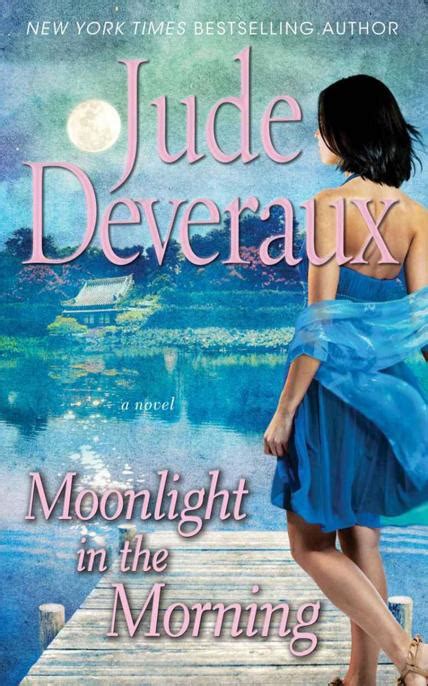A Quote by Ron Currie Jr.
I think of this a lot in the terms of books. Of course there's a big to-do culturally about e-books versus print books, sales models. The paradigm has changed but my perspective on it is that there's not going to be another paradigm to alight on because everything will continue to evolve so quickly that our brains won't be able to keep up with it.
Related Quotes
The current publishing scene is extremely good for the big, popular books. They sell them brilliantly, market them and all that. It is not good for the little books. And really valuable books have been allowed to go out of print. In the old days, the publishers knew that these difficult books, the books that appeal only to a minority, were very productive in the long run. Because they're probably the books that will be read in the next generation.
They will be given as gifts; books that are especially pretty or visual will be bought as hard copies; books that are collectible will continue to be collected; people with lots of bookshelves will keep stocking them; and anyone who likes to make notes in books will keep buying books with margins to fill.
Only idiots or snobs ever really thought less of 'genre books' of course. There are stupid books and there are smart books. There are well-written books and badly written books. There are fun books and boring books. All of these distinctions are vastly more important than the distinction between the literary and the non-literary.
One summer I was homeless in L.A., when I was about fifteen, and I used to go to the library to get books. I would have books in abandoned cars, in the seats, cubby holes on the L.A. River, just to have books wherever I could keep them, I just loved to have books. And that really helped me. I didn't realize it was going to be my destiny; I didn't know I was going to be a writer.
There are a lot of people out there who will write books, in which everything turns out nicely and the bad guys lose, the good guys win, the boy gets the girl and they live happily ever after. There's a million books like that and if that's the comfort you're looking for, you should read those books and not my books because that's not the kind of book that I am interested in.
When you talk to people about the books that have meant a lot to them, it's usually books they read when they were younger because the books have this wonder in everyday things that isn't bogged down by excessively grown-up concerns or the need to be subtle or coy... when you read these books as an adult, it tends to bring back the sense of newness and discovery that I tend not to get from adult fiction.



































